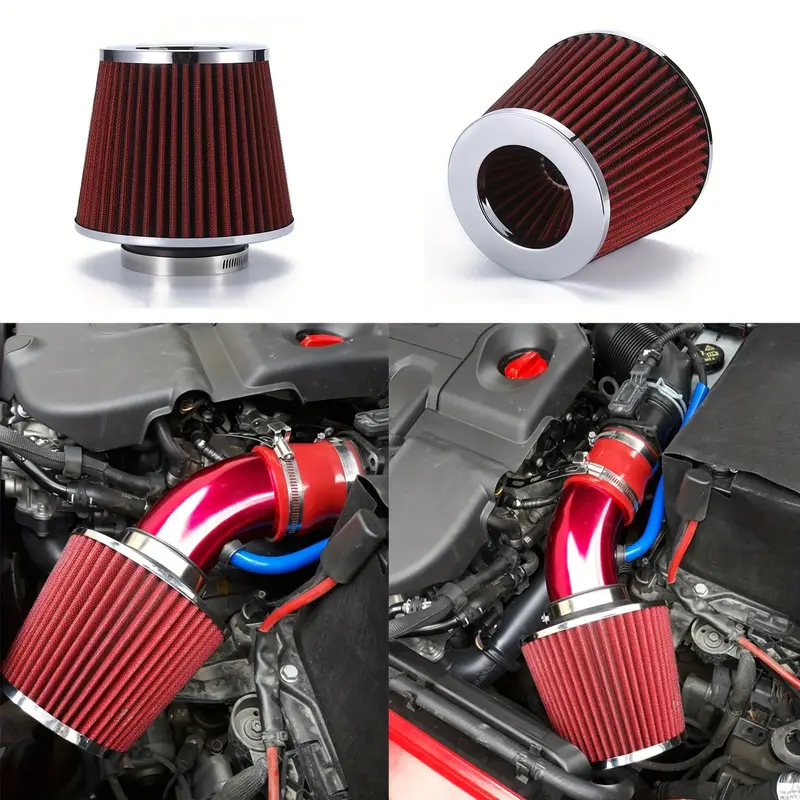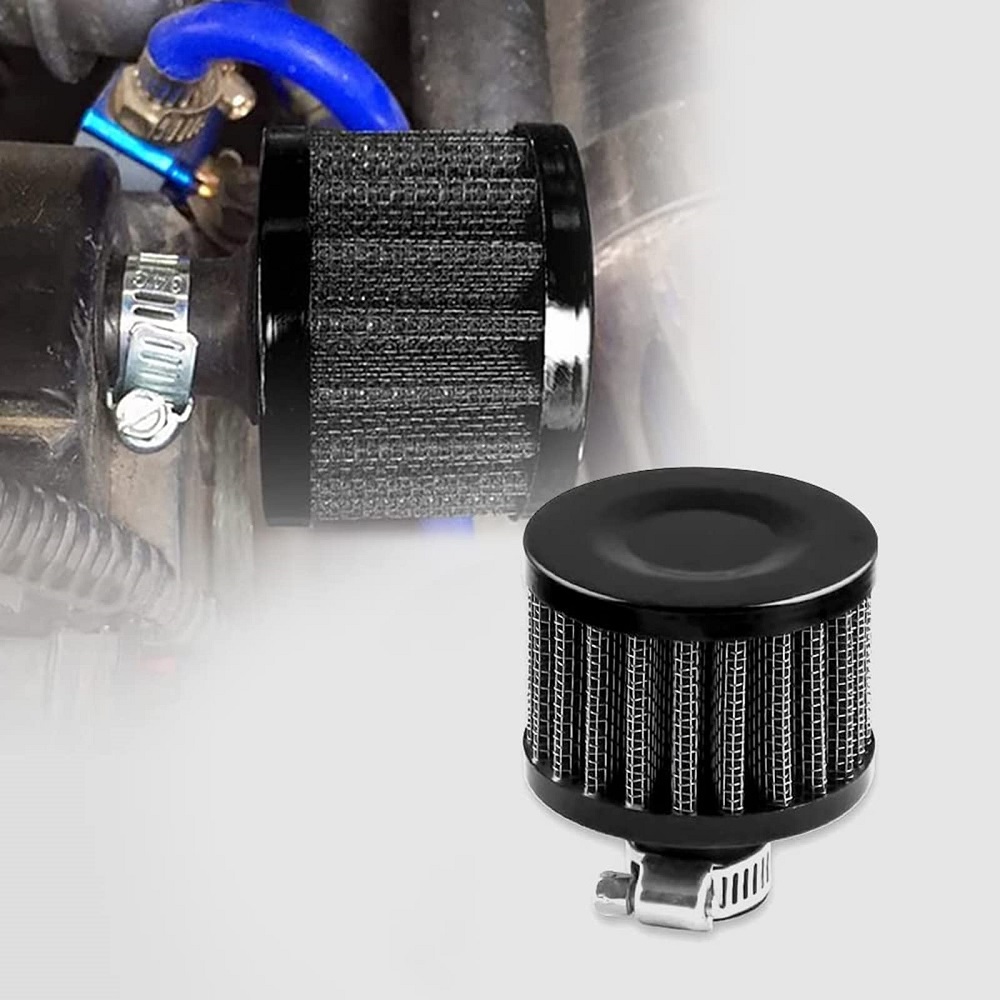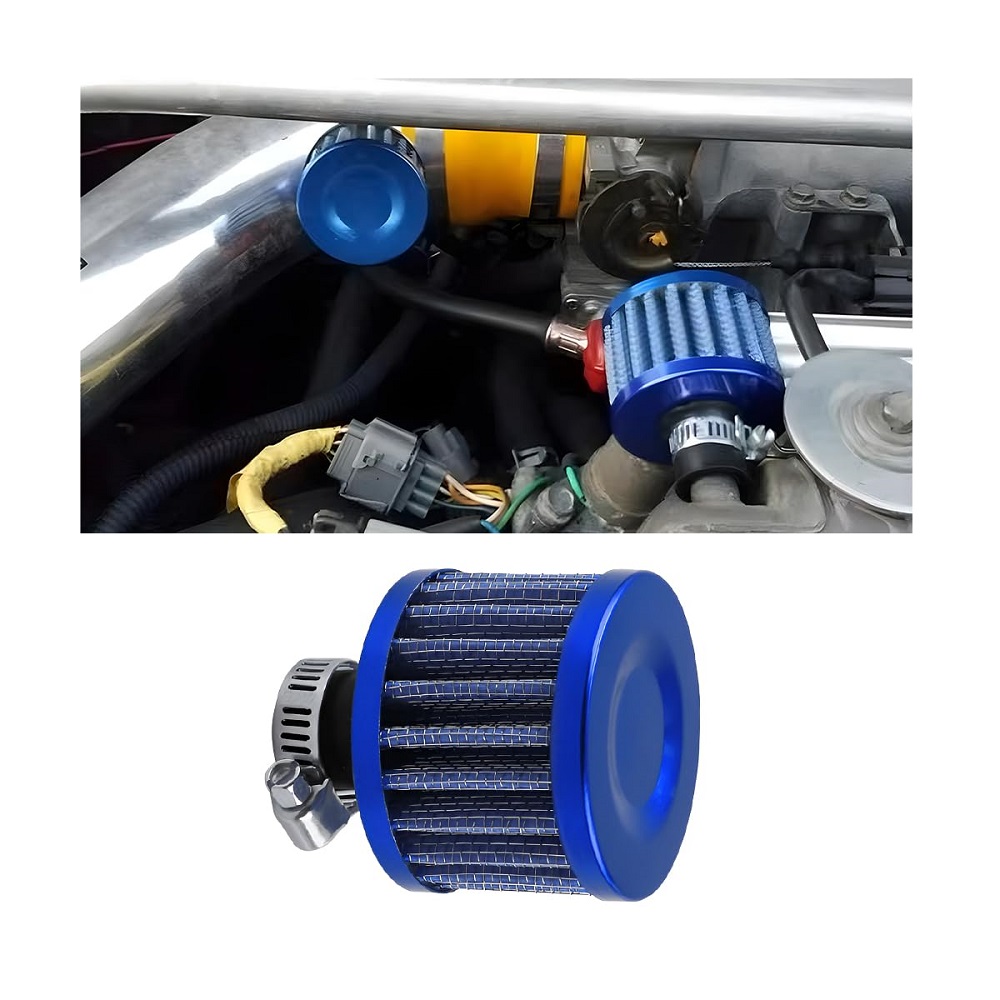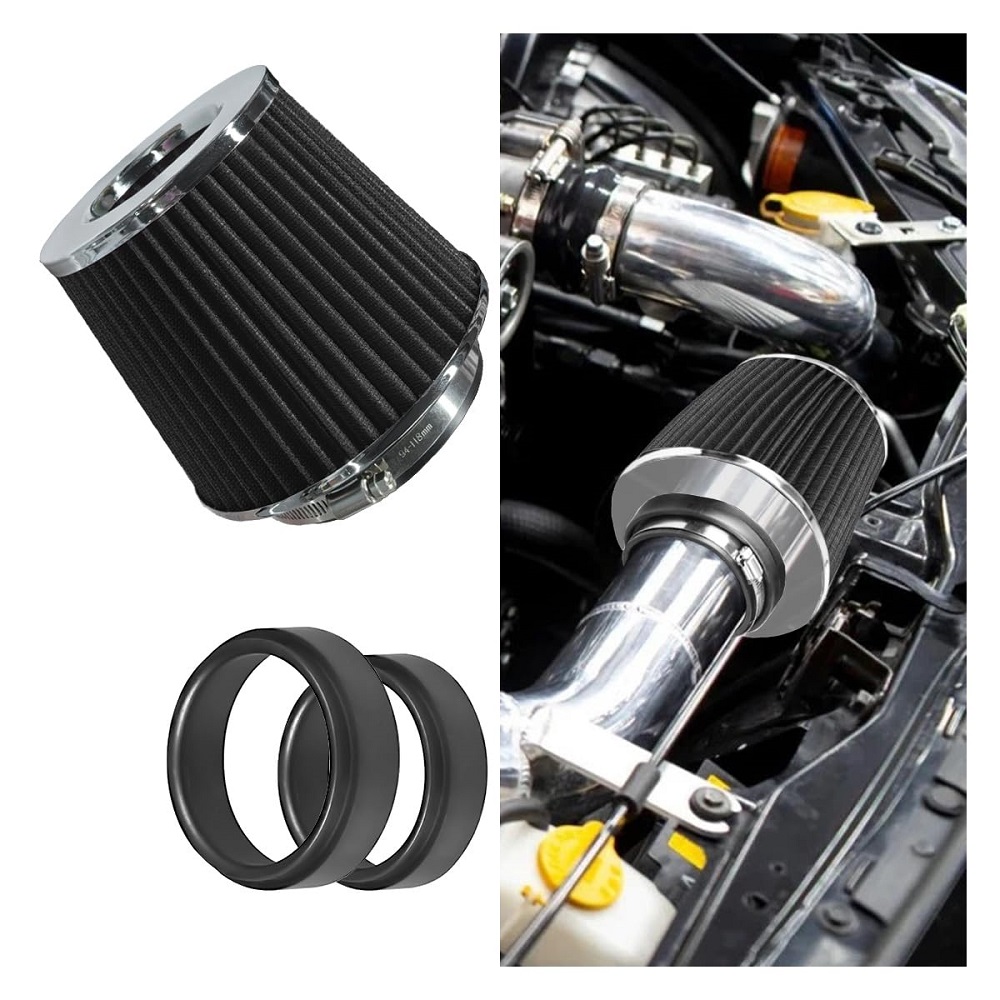Air filters play a crucial role in maintaining a vehicle’s engine performance and efficiency. They ensure that the air entering the engine is clean and free from contaminants, which can negatively impact fuel efficiency and overall performance. For car owners, understanding the significance of air filters is essential. In this article, we will explore the importance of air filters for cars, the different types available, and how regular maintenance can enhance fuel efficiency and performance.
Understanding Air Filters
What Are Air Filters?
Air filters in cars are designed to cleanse the air entering the engine’s combustion chamber. These filters trap dust, dirt, pollen, and other particles, preventing them from entering the engine. Keeping foreign particles out helps maintain clean air intake, which is vital for optimal engine functioning.
Choosing the right air filter is essential for a vehicle’s performance. Dirty or clogged filters can restrict airflow, leading to inefficient fuel combustion. This inefficiency can result in a reduction in engine performance and fuel economy. Therefore, understanding how air filters work can empower car owners to make informed decisions about their vehicles.
Importance of Clean Air Filters
Clean air filters for cars are vital for maintaining an engine’s performance and longevity. If an air filter becomes clogged, it can restrict airflow, leading to reduced engine efficiency. This restriction can result in poorer fuel economy, requiring drivers to refuel more frequently. By keeping the air filters clean and changing them regularly, vehicle owners can avoid these detrimental effects.
Moreover, clean air filters can improve combustion efficiency. When the engine receives an adequate supply of fresh air, it burns fuel more effectively, leading to better overall performance. In this way, the air filter acts as a safeguard, contributing to optimal combustion within the engine. Understanding the importance of clean filters helps drivers recognize that regular maintenance is essential for long-term vehicle health.

Types of Air Filters
Panel Air Filters
Panel air filters are the most common type used in modern vehicles. They are flat and rectangular, designed to fit within an air filter housing. These filters are typically made of paper or cotton and are easy to access for replacement. Panel air filters are effective in capturing dust and debris while allowing sufficient airflow to the engine.
When selecting a panel air filter, drivers should consider using high-performance options that provide better filtration. Many aftermarket brands offer performance panel filters designed to enhance airflow while maintaining excellent filtration. Over time, replacing the panel air filter can lead to noticeable improvements in fuel efficiency and engine performance.
Cone Air Filters
Cone air filters are often used in performance applications. Shaped like a cone, these filters are designed to be exposed in the engine bay, allowing for increased airflow. Drivers often install them in conjunction with cold air intakes to enhance engine performance further.
Cone air filters generally use synthetic or cotton media, offering better filtration and airflow compared to standard paper filters. When installed correctly, these filters can contribute to improved acceleration and throttle response. For those looking to maximize their vehicle’s performance, a cone air filter may be the ideal choice.
Foam Air Filters
Foam air filters are another option available for car enthusiasts. They are typically reusable and made from foam material that can be washed and re-oiled. Foam filters are commonly used in off-road and racing applications, where they can withstand harsh environments and provide excellent filtration.
While foam filters require more maintenance than paper filters, they offer excellent airflow and filtration capabilities. Users must ensure they are cleaned and oiled regularly to maintain their performance. For drivers looking for a durable and long-lasting air filter option, foam filters are an attractive choice.

How Air Filters Affect Fuel Efficiency
Restriction of Airflow
When an air filter becomes clogged, it restricts airflow into the engine. The decreased airflow can lead to a lean fuel mixture, which reduces combustion efficiency. A lean mixture means the engine has less air relative to fuel, leading to incomplete combustion. As a result, the engine may struggle to perform optimally, causing a decrease in fuel efficiency.
Drivers may notice that their vehicle consumes more fuel with a clogged air filter. This increase in fuel consumption can lead to higher operating costs and greater environmental impact. Regularly changing or cleaning the air filter can help maintain adequate airflow and keep fuel efficiency at optimal levels.
Engine Performance Impact
Air filters contribute significantly to engine performance. Clean filters allow for smooth airflow into the engine, leading to good combustion. When the engine receives adequate air, it can operate at peak performance, leading to better acceleration, improved power delivery, and a more enjoyable driving experience.
When an air filter is dirty, the engine may compensate by increasing fuel delivery, which can hurt overall fuel economy. As the vehicle struggles to meet performance demands, the driver may notice sluggishness or hesitance during acceleration. Keeping the air filter clean ensures that the engine operates efficiently, improving overall performance and responsiveness.

Maintenance of Air Filters
Regular Inspection and Replacement
To ensure that air filters work optimally, regular inspection should be part of standard vehicle maintenance. A typical recommendation is to check the air filter every 12,000 to 15,000 miles, although this can vary based on driving conditions. If you often drive in dusty or polluted environments, you may need to inspect and replace the filter more frequently.
During inspections, look for signs of dirt buildup or discolored filters. If the filter appears clogged or dirty, it’s time for a replacement. Many vehicle manuals provide specific guidelines for air filter replacement intervals, making it easier for car owners to stay on top of maintenance.
Cleaning Reusable Air Filters
If your vehicle has a reusable air filter, you must clean it properly to maintain efficiency. Unlike disposable filters, you can wash and re-oil reusable filters to preserve their performance. Start by removing the filter and gently tapping it to remove loose dirt and debris.
Use a suitable cleaning solution designed for air filters, following manufacturer instructions for dilution and application. Rinse the filter carefully to avoid damage, ensuring all cleaning solution is removed. Once the filter is clean and dry, reapply the appropriate oil designed for the filter type. Proper cleaning protocols will keep reusable filters operating efficiently and prolong their lifespan.
Professional Maintenance Services
Some car owners may choose to have their air filters checked or replaced during routine maintenance appointments. Many auto shops offer inspections that include air filter evaluation. Having professionals examine and maintain your filters can ensure they remain in good condition without the hassle of DIY maintenance.
When scheduling regular maintenance, don’t hesitate to ask technicians about the condition of your air filter. They can provide valuable insight and recommendations based on your driving habits and conditions. Regular professional maintenance ensures that your engine keeps performing efficiently while keeping you safe on the road.

Environmental Considerations
Reducing Carbon Footprint
Using clean air filters contributes positively to the environment by enhancing fuel efficiency. Efficient combustion leads to reduced fuel consumption, which in turn lowers carbon emissions. By maintaining air filters and ensuring optimal engine performance, drivers can make a difference in their vehicle’s environmental impact.
Choosing high-quality air filters can further enhance this effect. Many manufacturers now offer eco-friendly options that reduce waste and promote sustainability. By making informed choices about air filter usage, drivers become more environmentally responsible while enjoying the benefits of their vehicles.
Supporting Sustainability Practices
In addition to simply changing air filters, supporting sustainable practices when choosing and disposing of filters is imperative. Look for manufacturers that prioritize recycling programs and use biodegradable materials. Many companies are now developing alternatives to traditional air filters that emphasize sustainability.
When disposing of old filters, consider participating in recycling programs or returning them to the retailer if applicable. Educating yourself about environmentally conscious choices not only helps the planet but also encourages companies to develop more sustainable products. Supporting sustainable practices can lead to long-term benefits for both the environment and your vehicle.
Conclusion
Air filters are essential components for maintaining optimal vehicle performance and fuel efficiency. Understanding the various types of air filters, their benefits, and the importance of regular maintenance can empower car owners to make informed decisions. By prioritizing clean air filters for cars, drivers can improve engine performance, enhance fuel economy, and contribute positively to the environment.
Incorporating simple maintenance practices, such as regular inspections and timely replacements, will ensure your air filter remains effective. Additionally, taking advantage of professional maintenance services can provide peace of mind that your vehicle is in good hands. By considering environmental impacts and supporting sustainable practices, every driver can play a role in reducing their carbon footprint.
Ultimately, understanding the importance of air filters and their role in vehicle performance promotes a better driving experience. By investing in high-quality filters and committing to regular maintenance, you can keep your vehicle running optimally. As you make conscious choices about your air filters for cars, watch as your vehicle responds with enhanced performance and efficiency on every journey.
Leave a Reply